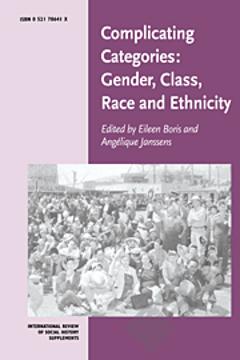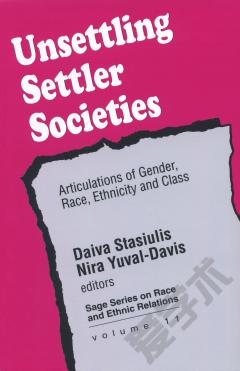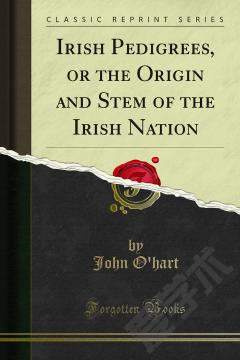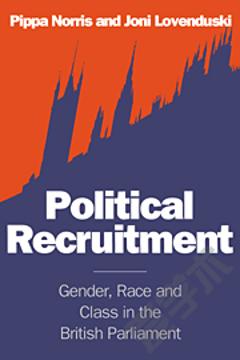Yeats's Nations: Gender, Class, and Irishness
Yeats, it has been claimed, invented a country and called it Ireland. In his plays, poetry and prose, the Anglo-Irish aristocrat and the rural Gaelic peasant combine to form a new community founded on custom and ceremony. Marjorie Howes's 1996 study attempts to examine Yeats's continuous search for political origins and cultural traditions through theoretical work on literature, gender and nationalism in post-colonial cultures. She explores the complex, often contradictory, ways Yeats's politics are refracted through his writing and shows how his enthusiastic advocacy of the concept of nationality often clashed with his distaste for the dominant, often exclusive, forms of Irish identity surrounding him. For every public proclamation on national destiny, there is an intensely private scrutiny of his own sexual identity. Howes places Yeats at the centre of debates on nationalism and gender that currently occupy critics in post-colonial studies. Her study will be of interest to all interested in Irish studies, postcolonial theory, and the relationship between nationalism and sexuality.
{{comment.content}}








 京公网安备 11010802027623号
京公网安备 11010802027623号